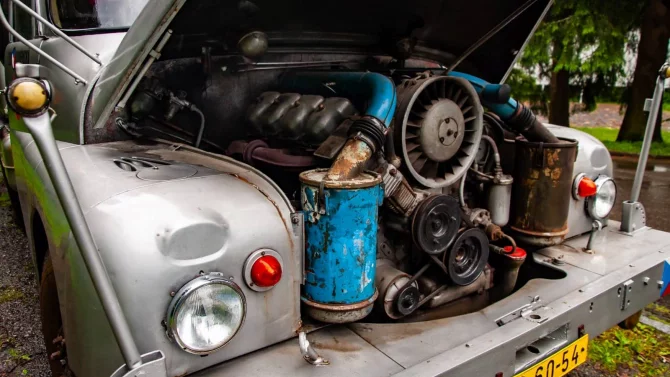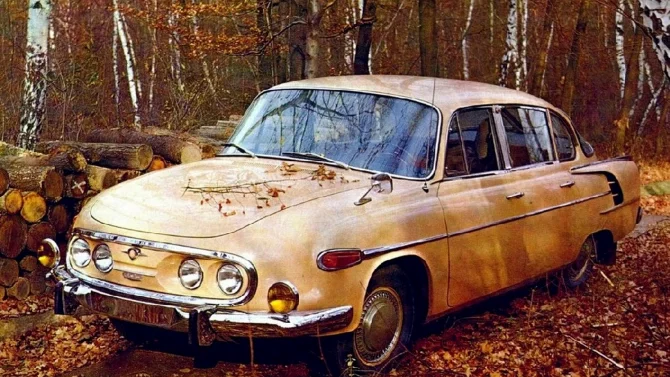...
By Alan Crosby
The collapse of talks on forming a broad coalition government in the Czech Republic is likely to bring the EU member closer to early elections or a weak government backed by defectors, analysts said on Thursday.
The country has been without a stable government for half a year since centre-right and leftist parties each won 100 seats in the 200-seat lower house in a June general election.
Talks between Prime Minister Mirek Topolanek's rightist Civic Democratic Party, his leftist rivals the Social Democrats, and the centrist Christian Democrats appeared to be nearing a deal until the rightists pulled the plug late on Wednesday over differences on policy and personnel.
Topolanek, whose minority cabinet has lost a confidence vote, will now try to form another government with the Christian Democrats and the Green Party, which would have 100 votes. He has set Friday as a deadline to hand in a government lineup.
"If he brings a proposed government line-up, and if he goes to a confidence vote without a deal, I will understand it as the quickest way toward a third attempt (to form a cabinet) and toward early elections," President Vaclav Klaus said.
Analysts said that even if successful -- Topolanek needs to lure at least one leftist MP across the floor for a confidence vote -- he could then govern until a fresh election, which he has long-favoured to hold in the spring of next year.
"This could be the surest way to early elections because such a government can link a confidence vote to a bill that fails to pass in parliament," said political analyst Erik Best.
Luring a leftist MP across the floor does stand a chance, with two Social Democrats having already left the party faction to sit as independents. One of the deputies has said the country needs a government after the six months of wrangling.
But Topolanek would have to convince the Christian Democrats to approve such plan. Christian Democrat chief Jiri Cunek has ruled out relying on defectors, saying it smacked of corruption.
Czechs are increasingly upset over the crisis, but the economy has continued to roll along with strong growth in gross domestic product, easing unemployment and the crown currency firming to record highs.
Still, a government backed by just one or a handful of opposition deputies would likely be too weak to carry out reforms of public finances, health and pension systems, said political analyst Vladimira Dvorakova.
If Topolanek's second cabinet loses a confidence vote, the third attempt to form a government prescribed by the constitution may even deepen the political crisis.
The next prime minister would be appointed by the head of parliament. The speaker, a Social Democrat, has pledged to step down and leave the right to nominate the prime minister to a newly elected successor at the helm of the house.
[PRAGUE/Reuters/Finance.cz]




 Elektromobil jako ojetinu nikdo nechce. Velký český autobazar skončil s jejich nákupem i prodejem
Elektromobil jako ojetinu nikdo nechce. Velký český autobazar skončil s jejich nákupem i prodejem
 Youtubeři zkoušeli, jestli nastartují Tatru 138 odstavenou osmnáct let. Výsledek nikoho nepřekvapí
Youtubeři zkoušeli, jestli nastartují Tatru 138 odstavenou osmnáct let. Výsledek nikoho nepřekvapí
 Test Hyundai Santa Fe 1,6 T-GDI Hybrid: má recept na úspěch i bez naftového motoru?
Test Hyundai Santa Fe 1,6 T-GDI Hybrid: má recept na úspěch i bez naftového motoru?
 Povinnosti účastníků provozu účastníky provozu mnohdy zaskočí. Dnešní kvíz prověří, jestli své povinnosti znáte
Povinnosti účastníků provozu účastníky provozu mnohdy zaskočí. Dnešní kvíz prověří, jestli své povinnosti znáte
 „Přišel pěšky, odjel vlastním vozem“: slogan autobazarů měl charakterizovat prodeje ojetin v Československu
„Přišel pěšky, odjel vlastním vozem“: slogan autobazarů měl charakterizovat prodeje ojetin v Československu
